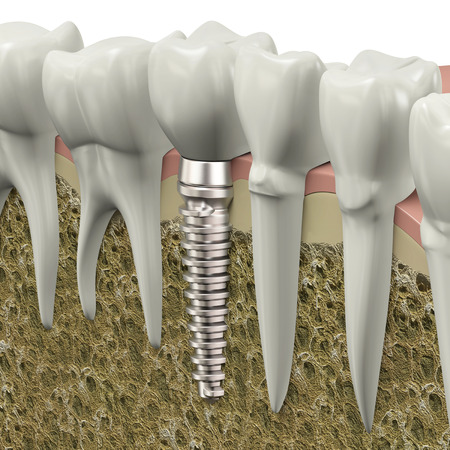The Preference for Implants
With up to a 98% success rate, dental implants have become the common choice for tooth loss replacement. Since they are surgically positioned into the jawbone, they act as a man-made root which helps preserve bone health and provide stable support for replacement teeth. They also allow adjacent teeth to remain in their natural form, unlike bridges that require crowning the abutting teeth. New research, however, has brought to light some circumstances that could have a negative effect on the overall success of implants.
Why Are Antidepressants Causing Dental Implants to Fail? | Dental Product Shopper Blog
Patients who take antidepressants may be 4 times more likely to experience dental implant failure, according to a recent study by University at Buffalo researchers. The research found that the use of antidepressants increased the odds of implant failure by 4 times and the odds of failure doubled for each year of antidepressant use.
What’s the connection? Antidepressants can weaken bone growth, just one of many common side effects, and inhibit new bone from forming around an implant during the healing process. Other side effects of these drugs – such as osteoporosis, akathisia, bruxism, and dryness of the mouth – can also affect the implant healing process.
Dental Implant Success
Success rates for dental implants can vary, but with proper care they can last a lifetime. Always notify your doctor of any changes to your health history, including any changes to medications. At CR Dental Group, located in Dallas, TX, Dr. James Reisman and Dr. Jordana Contrucci encourage patients to see the dentist at least twice a year, possibly more often if more extensive dental work has been received.


